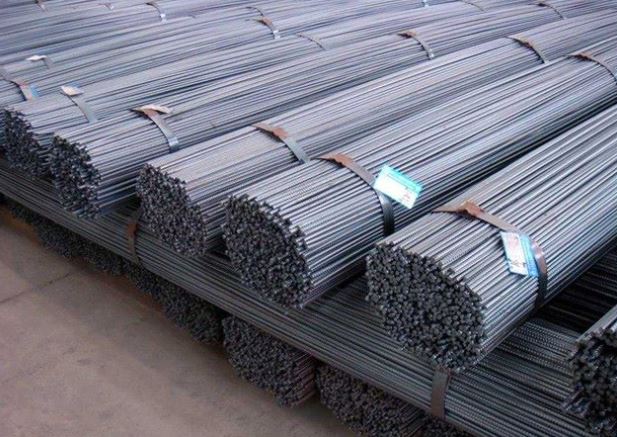Iron ore futures continued its upward momentum since the start of the week, due to market optimism over steel and restocking demand.
The most-traded May iron ore contract on China’s Dalian Commodity Exchange (DCE) then rose to 4% on-day or RMB 40 to RMB 1,039/mt on Tuesday.
The steel rebar contract on the Shanghai Futures Exchange also hiked up by 1.17% or RMB 51 day on-day to RMB 4,397/mt.
Higher blast furnace utilization rates on good domestic steel demand
China’s blast furnace capacity utilization rose for the third consecutive week, despite some short-term output restriction in Tangshan.
According to Mysteel, the blast furnace capacity utilization rate rose slightly by 0.21% on-week to 92.08% during the Dec 25-31 period among the surveyed 247 steel mills.
The higher utilization rate was in-line with the good domestic steel demand, which caused rebar prices to hike up as the price of HRB400 20mm dia rebar rose further by RMB 35/tonne on-day to RMB 4,402/mt as of Jan 4.
Furthermore, the country’s largest rebar producer, Shagang Group announced further domestic rebar list prices uptick by RMB 150/mt during Jan 1-10 period, as compared to previous ten-day period.
Lower Australian and Brazilian iron ore shipments in early Jan
The supply tightness of iron ore further supported the rally as iron ore shipments from Australia and Brazil dropped by 4.3% or 1 million mt on-week to 28.5 million mt during the Dec 28- Jan 3 period, based on Mysteel data.
Moreover, the lower Chinese port inventory further justified the price upticks as steel consultancy firm, SteelHome recorded 126.75 million mt as of Dec 31, down 4.1% from peak mid-Nov volume at 132.15 million mt.
Apparently, trade participants expected better downstream steel demand after the Lunar New Year in mid-February 2021 and kept up their restocking activities that drew down the port inventory.
